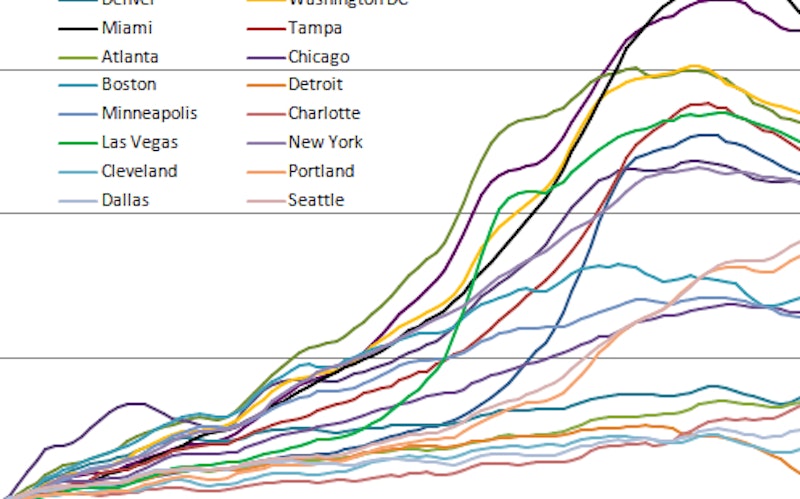Public opinion polling is a maddening fact of life for anyone who follows politics. Polls come with cross tabs, tracking numbers and margins of error. It is also a reality that pundits can find, regardless of their views, poll numbers reflecting their particular argument. While some polling groups are more respected than others, and some aggregators more consistent and fairer than others, it’s difficult for any partisan to decry non-stop polling while citing one that jumps out and defends his or her views.
Specifically, Barack Obama has been in office less than the totemic 100 days, and yet we are bombarded by public approval polls almost every day. It’s grating and exhausting to keep up, and besides, why should we care if his approval ratings stay close to the 60 percent mark? There’s a long way to go, especially regarding—but certainly not limited to—the economy. The administration’s approaches to the financial and auto industries as well as Wall St. have yet to hit full steam. Yet the public is beginning to respond.
And I make no claim to poll-free writing. Two of my recent columns reference polling, one directly, one less so.
It’s easy to embrace or dismiss a poll, and all pundits—including this one—need to be aware of the thinness of public opinion in the short term. The present is almost always too early a point to start discussing the future; more often, it’s better to look back, and in terms of President Obama’s popularity numbers, et al, it could not be truer. Public opinion of politicians is capricious, as anyone who has followed any campaign can tell you.
What can be of greater use, in the short terms, are polls that aren’t predicated on a single politician. On April 7, The New York Times went so far as publish, front and center on A1, a poll that found a majority of the public more optimistic about the economy since Inauguration. While focused on the President’s approval ratings, a poll from Pew shows that more Americans know the current unemployment rate than the current Dow Jones average, and have, in general, a bare working knowledge of the economic crisis.
The breakdowns of the Pew poll are much more interesting—and, I believe, more relevant—than the day-to-day tracking of approval ratings. Most troubling were the numbers related to age:
This gap is largest on the two questions relating to Afghanistan. Only about half (52%) of those younger than 35 know that Pakistan and Afghanistan share a border, compared with 71% of those 35 to 49, and 80% of those 50 and older. While just 47% of those younger than 35 know that Obama decided to increase troop levels in Afghanistan, substantial majorities of those 35 to 49 (69%) and 50 and older know this (79%). There also are sizable age differences in the percentages able to identify Timothy Geithner’s position, the name of the Federal Reserve Board chairman and the U.S. automaker that has not taken emergency loans from the government.
No one poll can tell us everything we need to know about everyone else, though the attempts are imperfect and ceaseless. Perhaps the Times splashed that big poll across its front page in a nod to the vocal group of readers who complain that the Times is all bad news all the time. And on the other hand (or some other hand), via Marc Ambinder, Americans are thinking rather sober thoughts about the economy:
But a new poll from the Center for Economic and Entrepreneurial Literacy shows, as others have suggested, that Americans expect the recession to last for a while: by far the largest chunk of respondents (41 percent) said they expect the economy won't recover for another one to three years. (1,002 people were polled; margin of error +/- three percent.) The respondents to this poll, at least, appear to have little faith that the stimulus and the bank plan will bring the U.S. out of a recession soon.
Sometimes a puff poll is just that—and sometimes it’s something else: a little boost of optimism. But considering that Pew poll, not a lot of us really know what to be optimistic about—or we're pessimistic, but just happy to have a different team at the helm.

